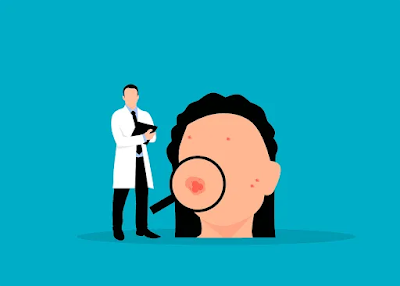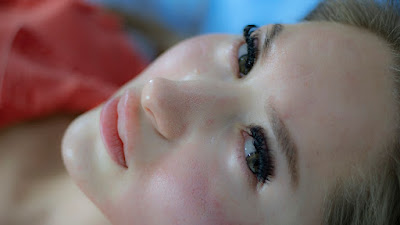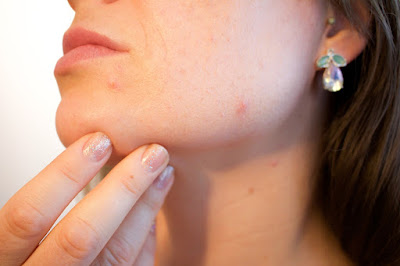Understanding Acne: Causes, Symptoms, and Treatment Options
Acne is a common skin condition that affects millions of people around the world. It occurs when hair follicles become clogged with oil and dead skin cells, leading to the formation of whiteheads, blackheads, pimples, and cysts. While acne is not life-threatening, it can be a source of embarrassment and low self-esteem for those who suffer from it. In this article, we will explore the causes, symptoms, and treatment options for acne.
Causes of Acne
The exact cause of acne is not fully understood, but several factors have been identified as potential triggers. One of the primary causes of acne is an overproduction of sebum, a natural oil produced by the skin. When too much sebum is produced, it can mix with dead skin cells and clog pores, causing acne breakouts.
Hormonal changes are another factor that can contribute to the development of acne. During puberty, the body undergoes significant hormonal changes, which can cause an increase in sebum production. Hormonal imbalances during pregnancy and menstruation can also lead to acne flare-ups.
Genetics may also play a role in the development of acne. If your parents or siblings have a history of acne, you are more likely to develop it yourself.
Symptoms of Acne
Acne can present itself in different forms, including whiteheads, blackheads, pimples, and cysts. Whiteheads and blackheads are non-inflammatory acne, while pimples and cysts are inflammatory acne. Here’s a breakdown of each type:
Whiteheads: Small, white bumps that form when hair follicles become clogged with oil and dead skin cells.
Blackheads: Small, dark bumps that form when hair follicles become clogged with oil and dead skin cells. The color comes from the melanin in the skin.
Pimples: Red, inflamed bumps that form when bacteria infects a clogged hair follicle.
Cysts: Large, pus-filled lumps that form deep under the skin. They can be painful and leave scars.
Acne can occur on different parts of the body, including the face, neck, chest, back, and shoulders. In severe cases, acne can lead to scarring and disfigurement.
Treatment Options for Acne
There are several treatment options available for acne, depending on the severity of the condition. Mild cases of acne can often be treated with over-the-counter products that contain benzoyl peroxide, salicylic acid, or alpha-hydroxy acids. These products work by unclogging pores and reducing inflammation.
Prescription medications, such as antibiotics and topical retinoids, may be necessary for moderate to severe acne. Antibiotics work by killing the bacteria that cause acne, while retinoids help to unclog pores and reduce inflammation.
For women, hormonal birth control pills can also be an effective treatment for acne. Birth control pills help to regulate hormone levels, which can reduce sebum production and prevent acne breakouts.
In some cases, more aggressive treatments may be necessary to treat severe acne. These treatments include:
- Isotretinoin: A powerful medication that is used to treat severe, cystic acne.
- Chemical peels: A procedure that involves applying a solution to the skin to remove dead skin cells and unclog pores.
- Laser therapy: A treatment that uses light energy to destroy the bacteria that cause acne and stimulate collagen production.
Preventing Acne
While there is no surefire way to prevent acne, there are several things you can do to minimize your risk of developing it. Here are some tips for preventing acne:
- Keep your skin clean: Wash your face twice a day with a gentle cleanser to remove excess oil and dead skin cells.
- Avoid touching your face: Touching your face can transfer bacteria and oil from your hands to your skin, leading to acne breakouts.
- Use non-comedogenic products: Look for products that are labeled “non-comedogenic,” which means they won’t clog pores.
- Don’t pick at your skin: Picking at pimples or cysts can lead to scarring and infection.
- Manage stress: Stress can trigger hormonal changes that can lead to acne breakouts. Try to manage stress through exercise, meditation, or other relaxation techniques.
Conclusion
Acne is a common skin condition that affects millions of people worldwide. While it can be embarrassing and frustrating, there are many treatment options available to help manage the condition. If you are struggling with acne, talk to your healthcare provider about the best treatment option for you. With the right treatment and prevention strategies, you can minimize the impact of acne on your life.



